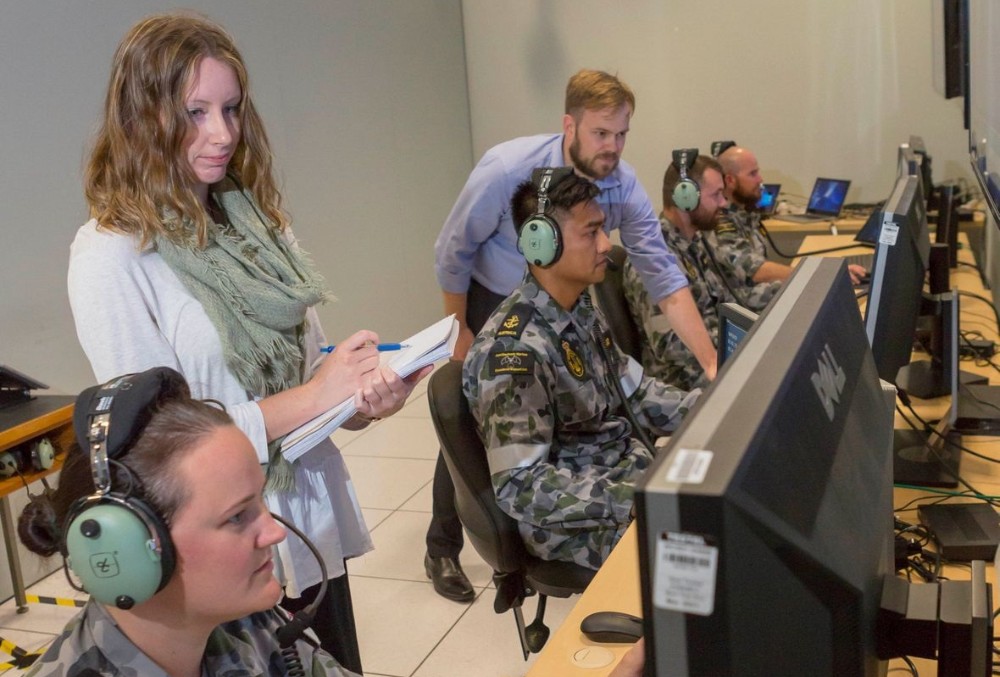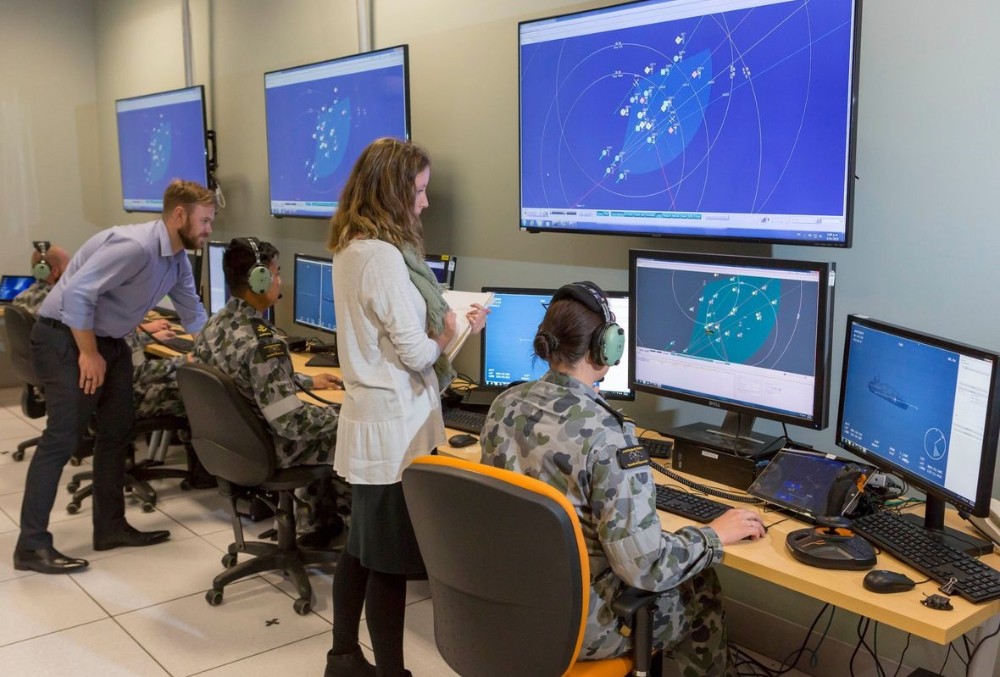Department of Defence
Cassandra
Human Systems Scientist at Department of Defence
Master of Psychology (Organisational) at University of Adelaide
6.30 AM
The day starts early, giving myself about an hour to get ready, a cup of tea, a morning breakfast show in the background and feeding my two cats. I live 20 minutes from work at the Defence Science and Technology (DST) site at Edinburgh in Adelaide’s northeast, and my partner works close by, so I drop him off on the way.
8.00 AM
DST has flexibility with start and finish times so I can negotiate my preferred work hours with my supervisor to be anytime from 0700-1900. I choose to start and finish work earlier when my brain is actually working! I typically kick off the day by having a quick morning chat with the team. Next, it’s checking and responding to emails which usually take about half an hour. These can often influence what specific tasks I will work on for the day including preparing and attending meetings with relevant team members or stakeholders, reading relevant research papers and reviewing documents.
10.00 AM
The way my work is structured means I lead a team that has the sole responsibility of an interdisciplinary research study. I rely on regular meetings with my supervisor and colleagues and prefer to do that in the morning so I can then work on their feedback during the day. My active participation in these meetings is determined by where I am at in the study planning.
When undertaking human factors research, the focus is on how it can support our Defence stakeholders – in particular, the Royal Australian Navy. Our current research focus is on exploring the use of Uninhabited Aerial Vehicles (UAVs) in the Navy. This involves examining the effects the increased level of system integration from these new information sources have with the ship on task performance, operator roles, and operator workload during a maritime tactical picture compilation. We then discuss how that question can be answered, which is typically through ‘human-in-the-loop’ experimentation. I work collaboratively with an engineer to create the necessary simulation software needed to run my study, and also with my team, to determine what is needed to record the results.
11.00 AM
Following the team meeting, I liaise with the software engineering team to turn the psychology requirements into simulation requirements. At times this can be a challenge as I don’t come from a computer background and they tend to not come from a psychology background! Together however we work towards a common language which, through an iterative process of discussion and demonstrations of the software, can lead to a successful end product.

12.30 PM
At lunchtime, I typically sit outside with others from my building for a chat and a laugh. When the weather is nice, I like to use the time to walk around the base where I often see many sheep, cockatoos and kangaroos. There are many lunchtime activities you can take part in including social soccer, volleyball and even board game clubs you can join.
1.00 PM
Each week, the software engineer provides ‘drops’ for me to review. This helps move the translation from a discussion of requirements into something more tangible. I can play with the simulation and ensure it meets the needs of the experiment. To help me do this, I bring in fellow colleagues with specific engineering, psychology or Navy backgrounds.
Two Navy specialists are embedded alongside us and, as scientists; we make sure our work has the necessary operational value for our stakeholders. These sessions often involve participating in the simulator as we would expect our stakeholders to respond and then identify anything for improvement. This is then provided to the software engineer for feedback.

3.00 PM
The last part of the day usually involves solo research work, reading relevant journals, further refining my experimental method or compiling results for our Navy stakeholders.
4.00 PM
I typically finish work around 4.00 PM each day. Once I am home, I usually go to the gym and spend time with my friends and family. The flexibility of my work times at DST helps create a great work-life balance, which ultimately helps me feel refreshed and keen for the next day!
Thinking of experiencing life as a Department of Defence Graduate? Sign up to Prosple to receive job alerts for Department of Defence.